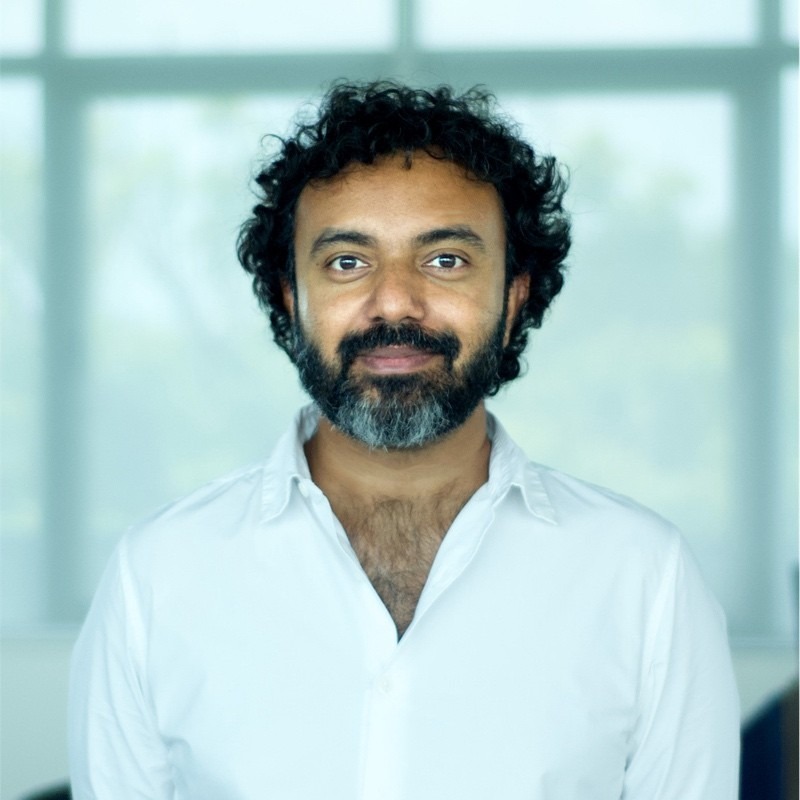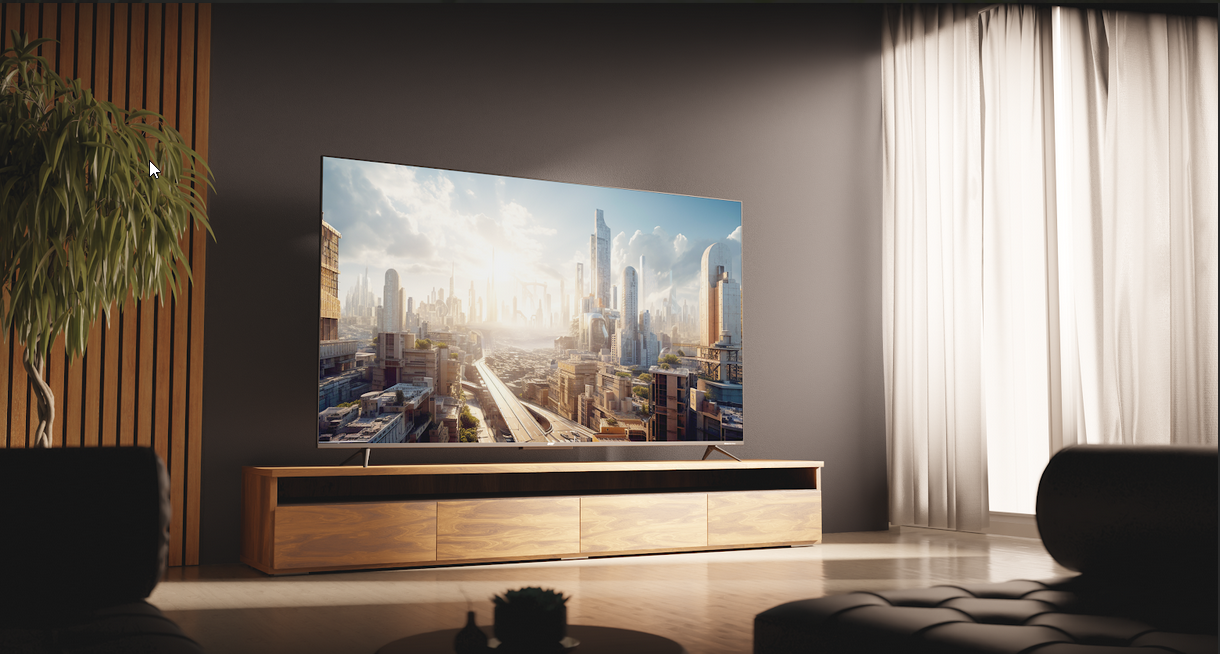According to a new study, It has been estimated that 121 million girls and women use around 12.3 billion sanitary napkins, amounting to 113,000 tonnes of waste, reaching India’s landfills every year. Commonly available sanitary napkins constitute 90 percent plastic. According to experts, non-organic pads can take up to a whopping 800 to 1,000,000 years to fully decompose, compared to just 2 years for organic cotton pads.
Apurv Agarwal is a Co-Founder of Avni. It focuses on women's wellness brands inspired by grandmothers and Ayurveda. They are toxin-free, conscious, tested menstrual products designed by Women, and handcrafted by rural women.
Services and Product Offering from Avni
Apurv Agarwal says, “We started Avni 1.5 years back and the whole idea behind it was to build a women's wellness brand. This also comes from the personal experience of Co-founder Sujata. We experienced challenges that we wanted to resolve. These were as follows-
-
Skin Irritations in women
-
Skin rashes during menstrual cycle
-
Hygiene during menstrual cycle
This is when we decided we needed to work on something. We did research and found out that our forefathers were more eco-sustainable than we are. They have the ability to conserve the environment. That led us to seek all the ancestral practices available at that time. The easiest one was the usage of cloth for the menstrual cycle. Sujata, our co-founder related to this and informed us that she herself started using cloth at a young age in the village when there was no access to sanitary napkins about 25 years back. The cloth is good and soft and never caused any problems. So, we started working on this.
This is where our first flagship product came into existence which is the Reusable cloth pad. Both the co-founders are from a health background. So, we decided to use our education to build these reusable cloth pads with unique designs. It is a modern-day pad with a reusable version."
Challenges faced by Avni
Apurv Agarwal says the following- “The challenges faced by Avni were-
Leakages- The challenges with cloth pads are the associated Leakages. So, we reinvented a cloth pad that can absorb up to 30 ml of blood. 30 ml is sufficient usage of a cloth pad for a day.
Stains- We had to use fabric that would not retain stains. If stains were not eliminated, the users will not prefer the cloth pad due to hygiene concerns. We did our research as well.
Infections -We have seen in various advertisements that cloth pads are not good as they cause infections. Cloth is good when we wash them properly. The cloth needs to be washed properly and dried properly. To cater to this challenge, we also used the anti-microbial technology in the cloth.
We are trying to build a holistic solution that will help women of all ages and demographics in India. We have a valid range of sizes in the healthcare market.”
Prime USP of Avni
Apurv Agarwal informs,” The prime USP of Avni is -
Antimicrobial layer- If any menstrual fluid goes into the pad, if it is exposed to the atmosphere, there are chances of bacteria development. We have incorporated an anti-microbial layer that is tested for 100 washes. This will allow 2 -3 years of usage with multiple washes. This will help in preventing infections.
Educating the customer to use the cloth pad effectively-We also make consumers aware of how to use the product and our co-founder helps in that as well when she comes out and speaks to women on the correct usage of the products.
Patients lives touched so far with Avni
Apurv Agarwal states, “We are fortunate that customers have been kind to us. We have about 50k customers serviced so far. We impact lives in two ways-
Good reviews and feedback for the products- This makes it very engaging to develop the products for more efficient use as per the customers.
Cloth pads manufactured by women- All the cloth pads manufactured by the company are done by women. At the moment, we have 25 + women working on cloth. We wish to take it to 100 + by the end of this year.
Our main aim is to impact lives with good products and help people generate more revenues and more income."
Funding for Avni
Apurv Agarwal says, “We raised our 1st round last year in April 2021. They have been kind to us. It's a very different concept and they accepted it. They were willing to back up our strata. We raised about 65 lacs last year and the major thing we wanted to do is get the product introduced to the market.
Marketing and product introduction was the most important thing. The funds raised are mainly utilized to raise the business.”
Access Affordability with Avni
Apurv Agarwal says, “Affordability is a challenge and that is why we always emphasize and say that reusable options are very important. The normal sanitary napkin will cost 8 - 10 Rs. The normal cloth pad will cost about 4-5 Rs. This becomes sustainable economically and environmentally. This is one way to look at reusable options."
Revenues in FY22 and FY23 Avni
Apurv Agarwal says, “We are a very young start-up, so revenues won't be so great. We are looking at growth for about 4 - 5 times this financial year. We have grown every quarter by 100%. It is a young organization and the base is also small right now, we have to consider that too.”
Expansion plan for Avni
Apurv Agarwal informs, “We are planning to take our cloth pads and flagship products to the next level. It is important to grow further and try to penetrate growth further. We know that this product has more potential. So, we are planning to stay focused on this product rather than launching more products. We are trying to build a good team.”
Environmental sustainability with Avni
Apurv Agarwal says, “Most of our audience is from tier1 and tier 2 cities. Any customer who buys from us is basically not buying disposable products. We are trying to replace disposable sanitary napkins with whatever population accepts them. We are contributing to Environmental sustainability with Avni. This will be a big change. Every woman will understand that we can use reusable options which are economical also.”
Motivational Message by Avni Co-founder
Apurv Agarwal says, “When we are young in healthcare startups, we have a lot of ideas. We try to evaluate those ideas and turn them into business plans. We have to check for the sustainability of those plans. This is the most important thing in the start-up ecosystem at this moment. We have to keep fighting and struggling and this is part of our business. Making it sustainable is most important.”
Edited By: Dr Rati Parwani
Contributed By: Apurv Agarwal, Co-founder, Avni
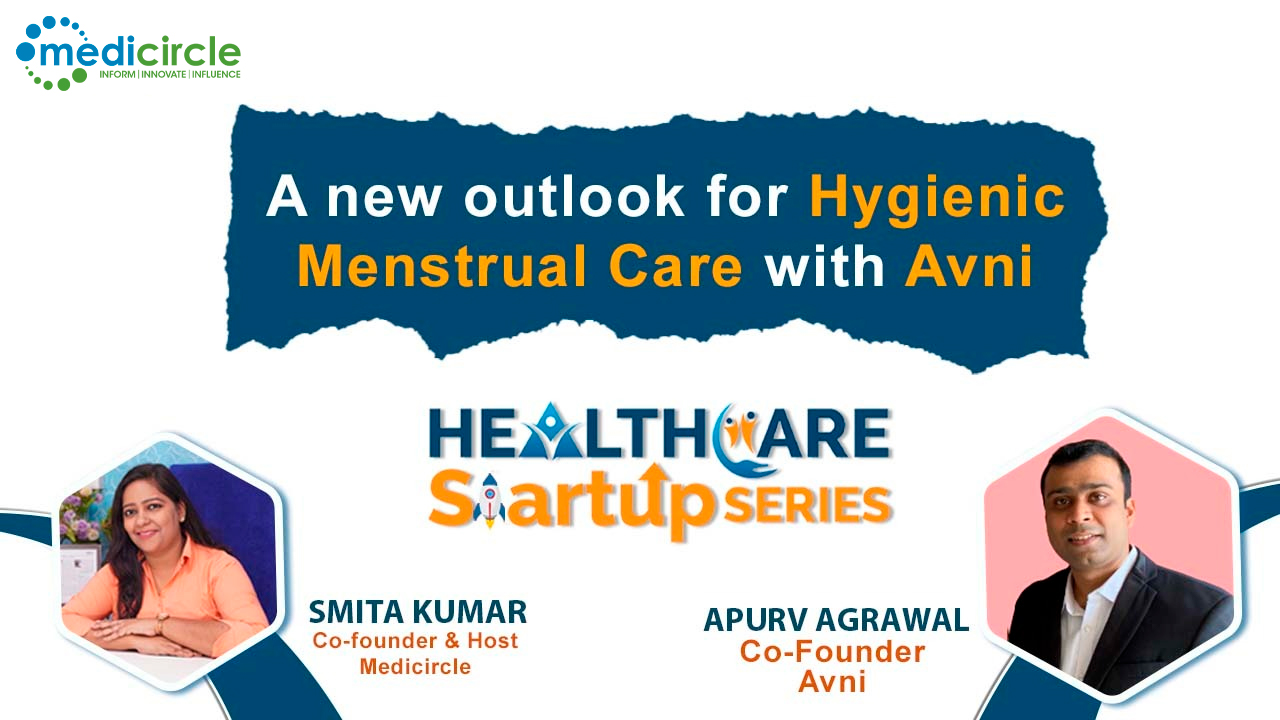
 Did you know that menstrual hygiene is a top priority when it comes to menstruation? Now, menstrual care is affordable for every woman across the nation with AVNI. Let us check out this exclusive interview with Apurv Agarwal, The Co-Founder of Avni on his health startup journey with AVNI.
Did you know that menstrual hygiene is a top priority when it comes to menstruation? Now, menstrual care is affordable for every woman across the nation with AVNI. Let us check out this exclusive interview with Apurv Agarwal, The Co-Founder of Avni on his health startup journey with AVNI.









.jpeg)


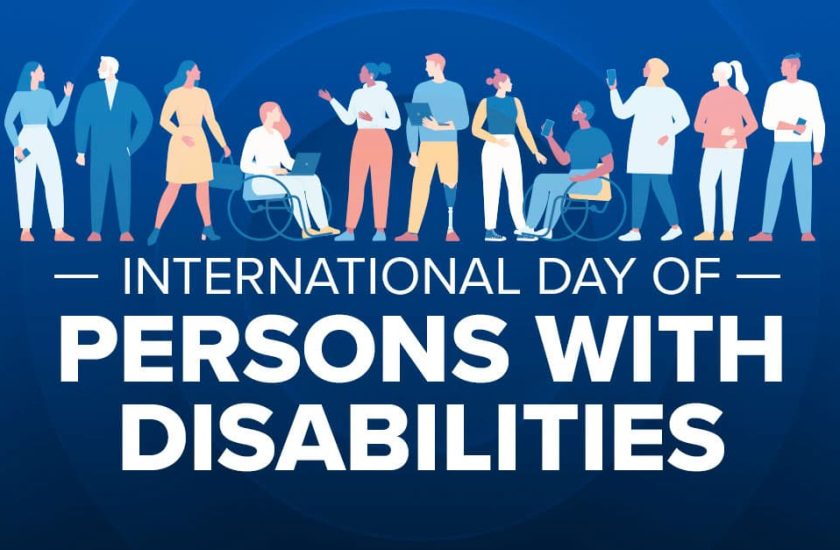


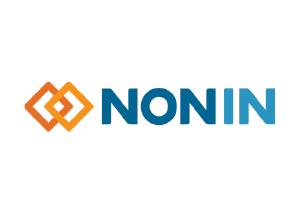
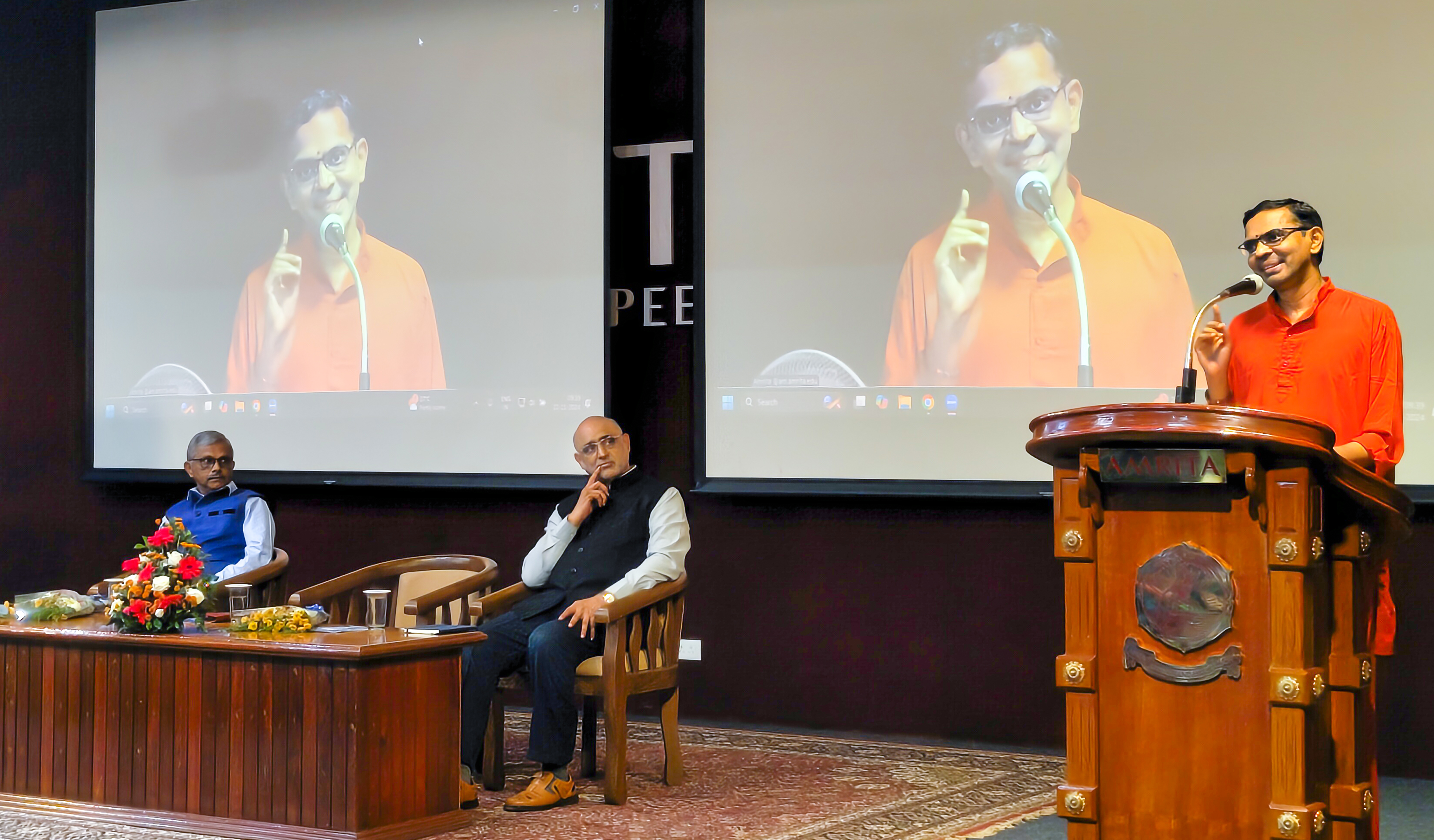
.jpg)
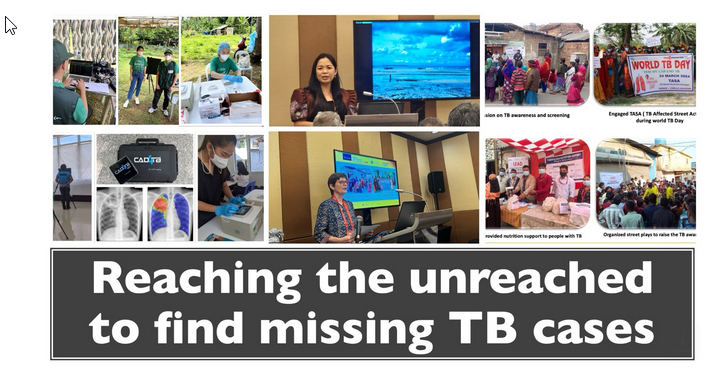
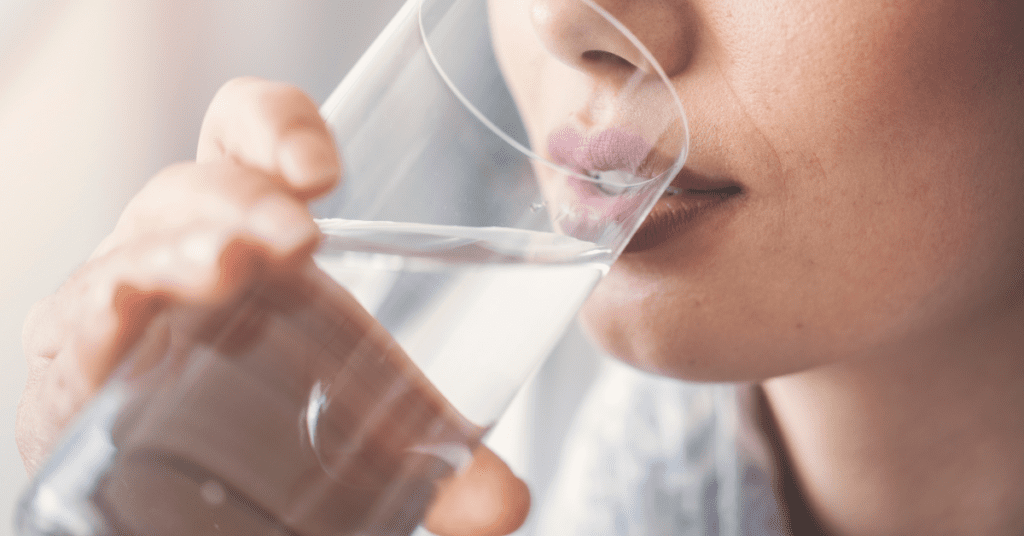


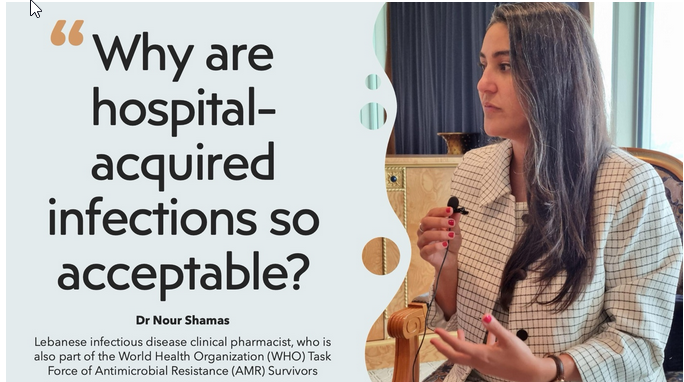
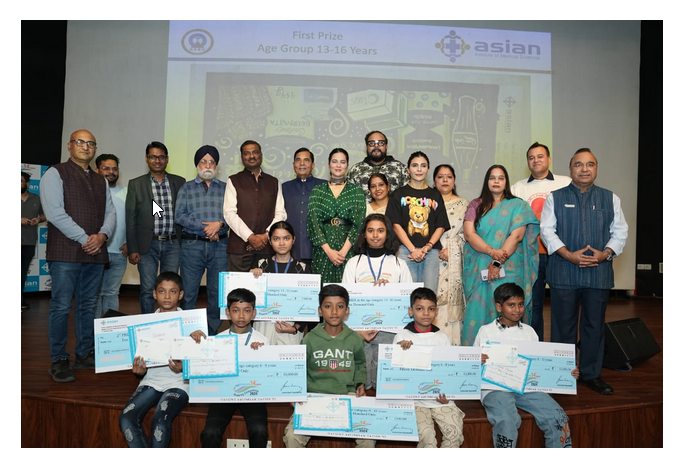

.jpg)



